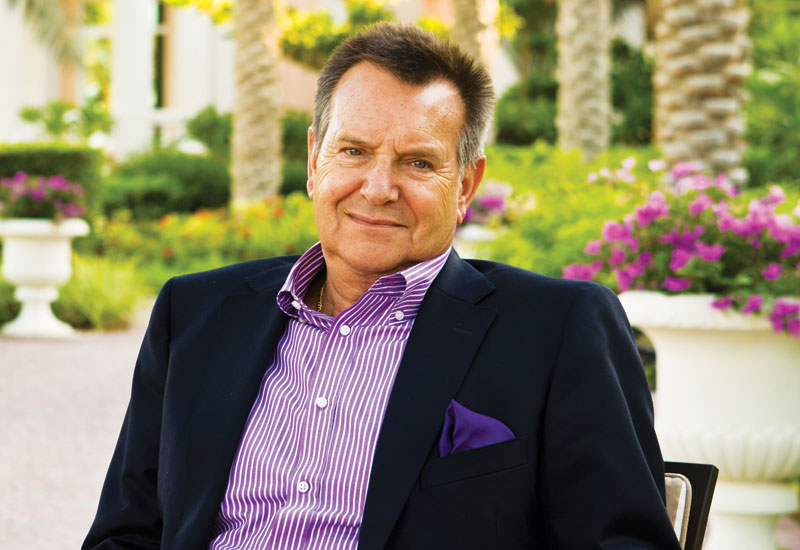Perhaps the most exciting development will be the entry to Saudi Arabia, a strong outbound market for Kempinski’s hotels in European destinations such as Munich, Berlin and Istanbul.
“It’s really a market that’s an open market for us because Saudis know us from Europe,” observes Eckhardt.
“Al Khobar is under construction, we hope that will open in the fourth quarter of next year. Riyadh I would say the beginning of 2013 and Jeddah towards the end of 2013, beginning 2014,” he surmises.

| Advertisement |
The hotel in Oman, part of The Wave project, is “definitely late” continues Eckhardt.
“The entire Wave project has been undergoing some changes, they had asset sales, major shifts in ownership and whenever you have shifts like this, there are delays, because buyers want to do due diligence which adds on to the process. But the project is on good footing and well financed so it is going ahead. But we have lost a year. The year 2011 as far as The Wave is concerned is a wash out.”
In Qatar, a market Eckhardt is confident in, the current hotel “is not doing as well as we expected or as we had wished but nevertheless it’s not doing too bad”.
“We are a recent entrant, we only opened at the end of 2010, so we still are looking for our footing and our bearings. But I think next year will be good for us and of course we have a second hotel under construction.”
“We are in a unique situation because we are part of The Pearl. The Pearl like the Palm in Dubai, while grossly overbuilt is limited; there are only three hotels. That hotel will definitely open towards the end of 2013.”
Since the World Cup 2022 bid win, numerous hotel chains have announced flags in Qatar. However, Eckhardt is confident that the relocation of the United States Central Command head quarters to Doha — expected to attract 20,000 families to settle over the next 10 years — will help accommodate the new supply.
“Of course they’re not going to be all Kempinski customers but there will be a rub-off effect.”
The same is not true, however, in Kuwait, asserts Eckhardt, where the country has yet to sign a property, although it did previously have a location there.
“Kuwait is today overbuilt, it’s complicated as a market,” he says. “It doesn’t really have a touristic tradition and is depending largely on the corporate business and there are too many hotels planned. The last time I looked at the rosters they had something like 90 projects in Kuwait under consideration. I don’t think we need to be part of that.”
The number of upcoming hotels reflects a shift in Kempinski’s regional development strategy, which has moved from being opportunistic to aggressive.
“Today we selectively go after certain markets and aggressively pursue them,” says Eckhardt. “Not in the Middle East anymore because… we are basically everywhere we want to be. If we ever go into Yemen will depend on the opportunities definitely; we will not aggressively pursue to be there, but we will not say no to an opportunity.”
Focus on Africa
With plans for the Middle East sewn up, Kempinski is now aggressively targeting expansion in Africa — all 53 countries are on the table according to Eckhardt.
“We are heavily engaged in Africa and Africa is our main focus,” he asserts. The group has recently opened in N’Djamena in Chad, with Accra in Ghana to follow. Construction is beginning on hotels in Abuja and Lagos in Nigeria, while two projects are planned for Morocco.









 Search our database of more than 2,700 industry companies
Search our database of more than 2,700 industry companies









